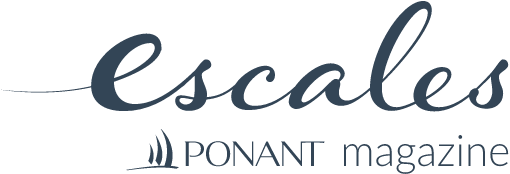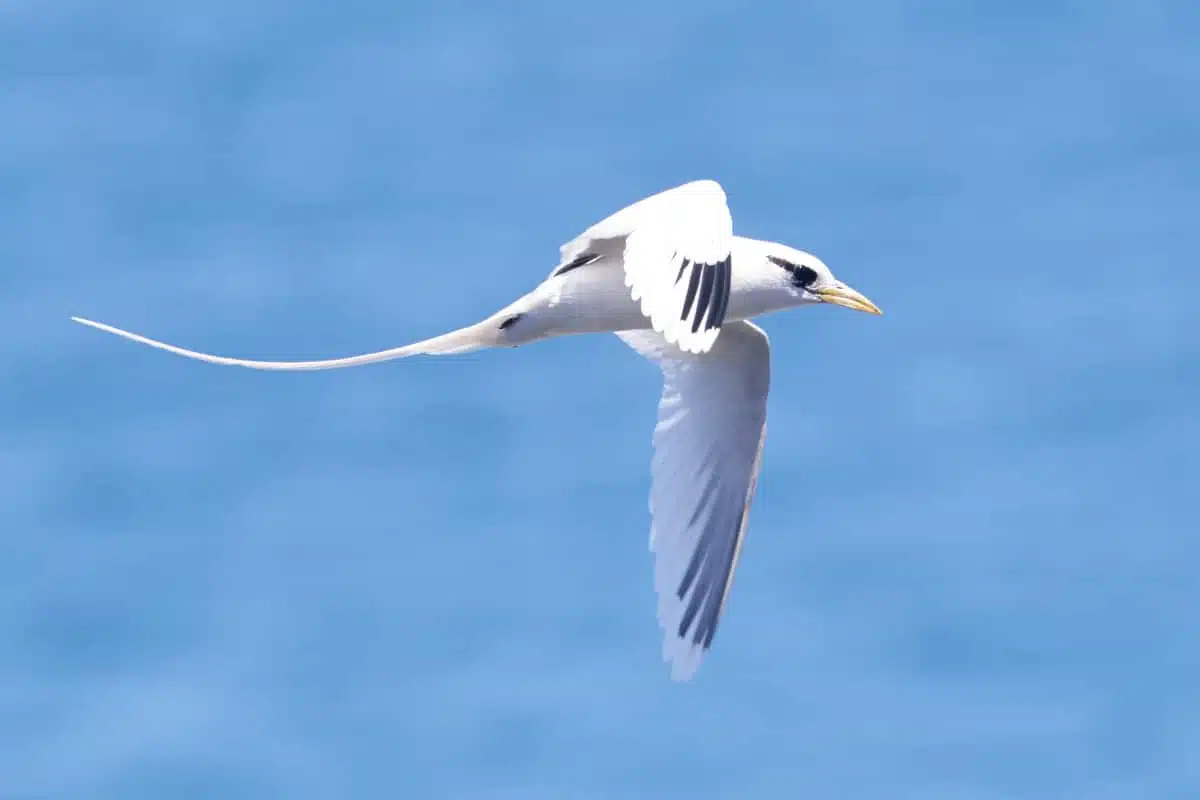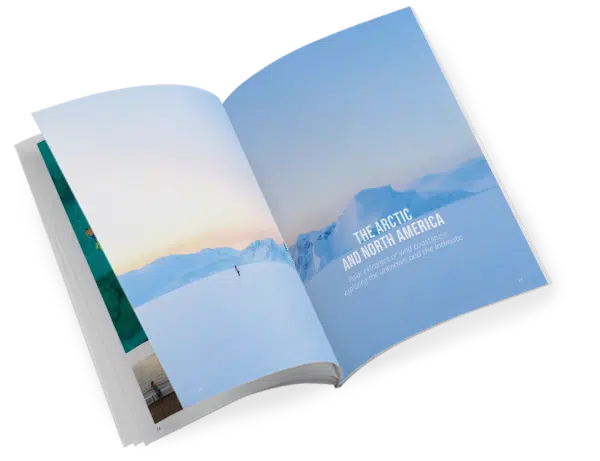The essential steps involved in designing cruises to unexplored coasts and shores
Three years: that’s how long it takes on average to go from the initial scouting phases of an expedition cruise through to introducing and operating it. Each year, PONANT adds five or six new expedition cruises to its range. From initial concept to full implementation and operation, discover how each cruise is designed using an approach focused on reducing environmental impact and respecting local populations.
From inspiration to exploration
The creation of a new cruise begins with an initial idea. This might be inspired, for example, by an account of a journey read in the travel diary of an 18th century naturalist, or experiences of meeting indigenous peoples. Exploring unexplored coasts and shores and offering visits and ports of call to secret, out-of-the-way places: this is the PONANT philosophy. Some parts of the world, such as the Scattered Islands in the Indian Ocean off the coast of Madagascar, have not been charted for a considerable time. Visiting them therefore involves a high degree of environmental responsibility.
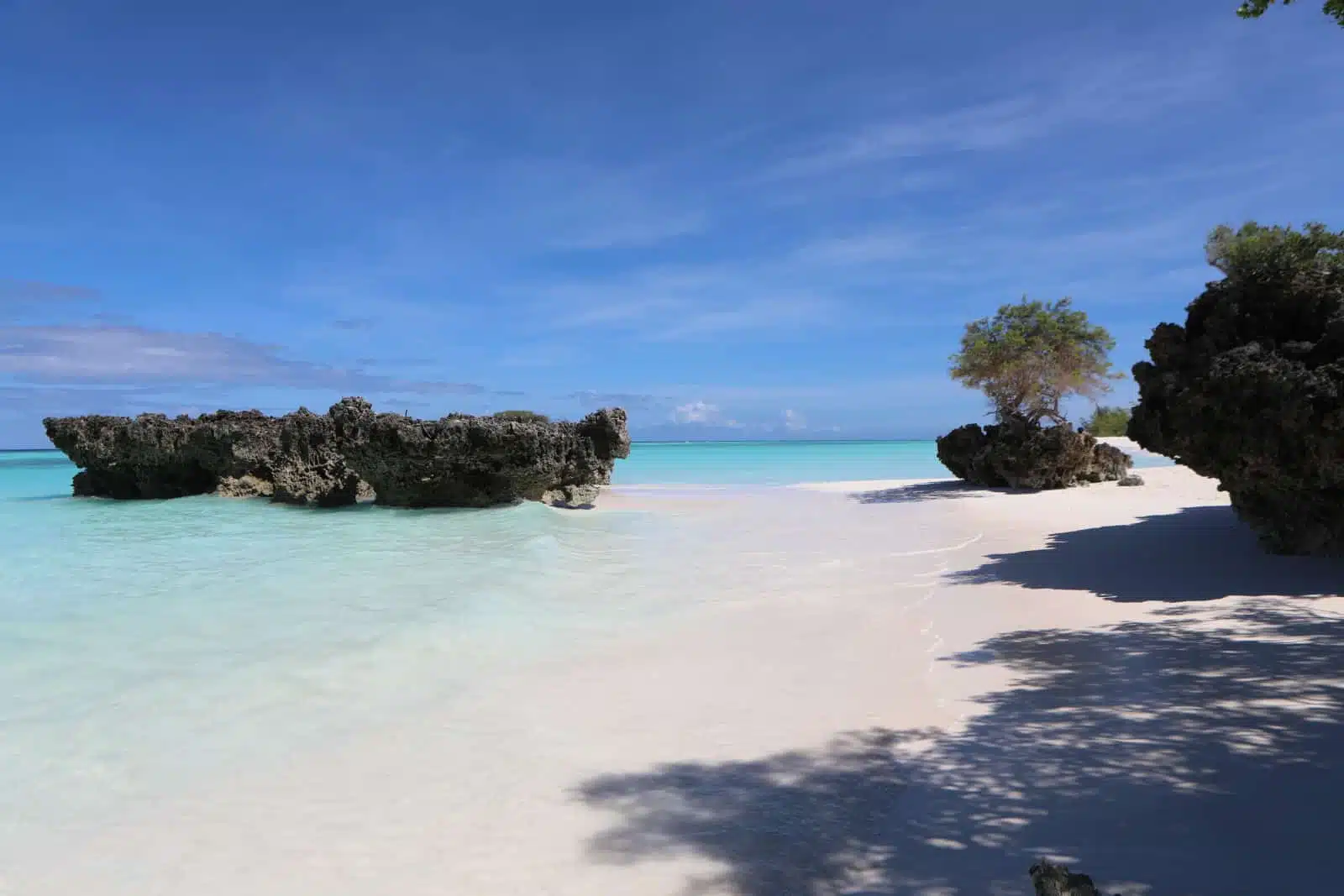
Assessing and evaluating the environmental impact
The concept development phase: a crucial stage. It is important to research any potential risks for the indigenous fauna, flora and peoples as well as what possibilities exist in terms of resupplying the ship and managing waste. Undertaking a systematic survey of the biodiversity of the areas to be visited – wildlife, plants, geology, etc. – so that an environmental impact study can be carried out is therefore essential. This phase also involves identifying suitable approach and access routes, and both checking for the presence of any dangerous animals and evaluating the health of the ecosystems to ensure that it will be safe to disembark: the challenge is to minimise the impact on the environment and, above all, to ensure any impact is only temporary.
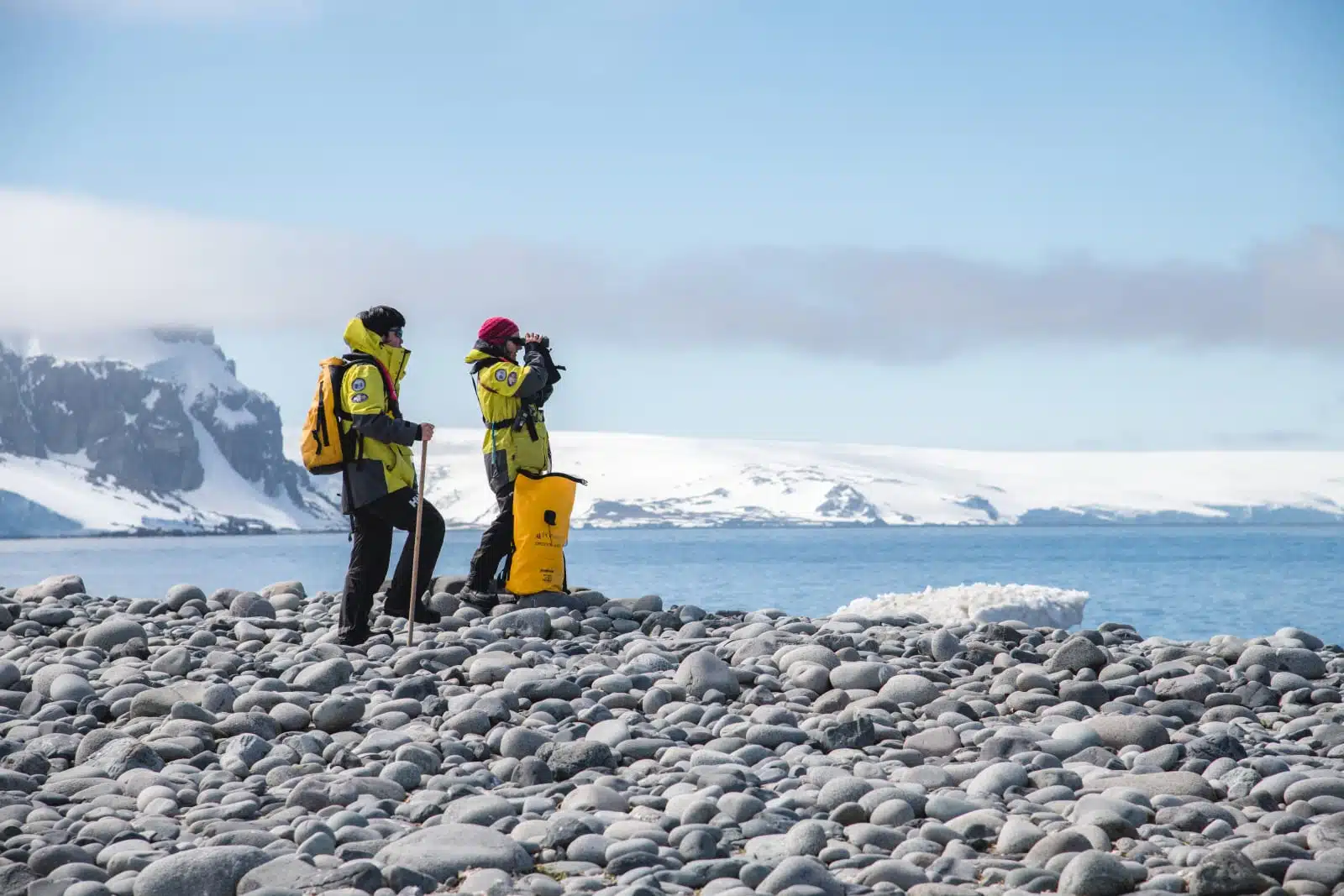
Scouting: working with local peoples
The overriding aim involved is that of showing the world as it actually is, and this is achieved through working together with local peoples, which involves spending several weeks on the ground identifying local service providers and finding out what they want to show visitors. The everyday reality of the lives led by inhabitants of remote areas sometimes turns out to be at odds with preconceived notions: the inhabitants of Alaska, for example, sometimes take great pride in giving demonstrations of… hip hop, which is somewhat far removed from the traditional drum dance! Indigenous peoples are often very flattered and feel very honoured that foreigners want to meet them.
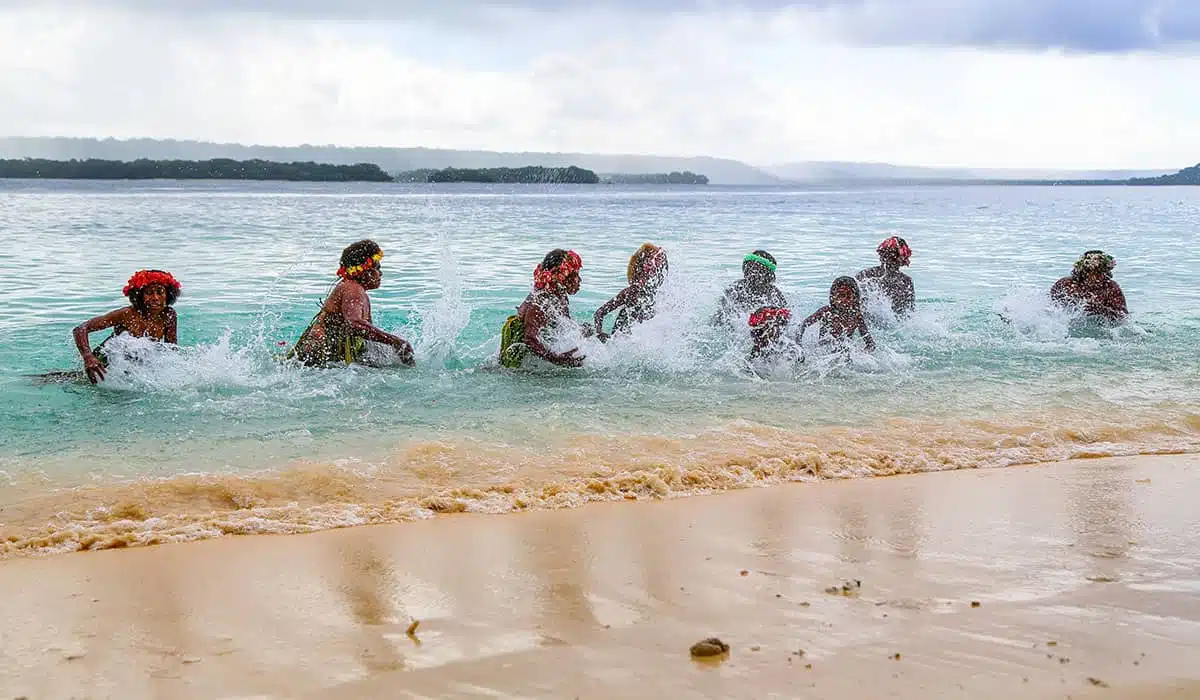
To go further
PONANT is a member of the International Association of Antarctic Tour Operators (IAATO) and the Association of Arctic Expedition Cruise Operators (AECO). These two international organisations aim to defend, promote and operate safe and environmentally friendly trips to Antarctica and the Arctic that also respect the local cultures. As members, we are committed to respecting strict and environmentally friendly landing protocols. Visit our sustainable tourism page to find out more about our commitment.
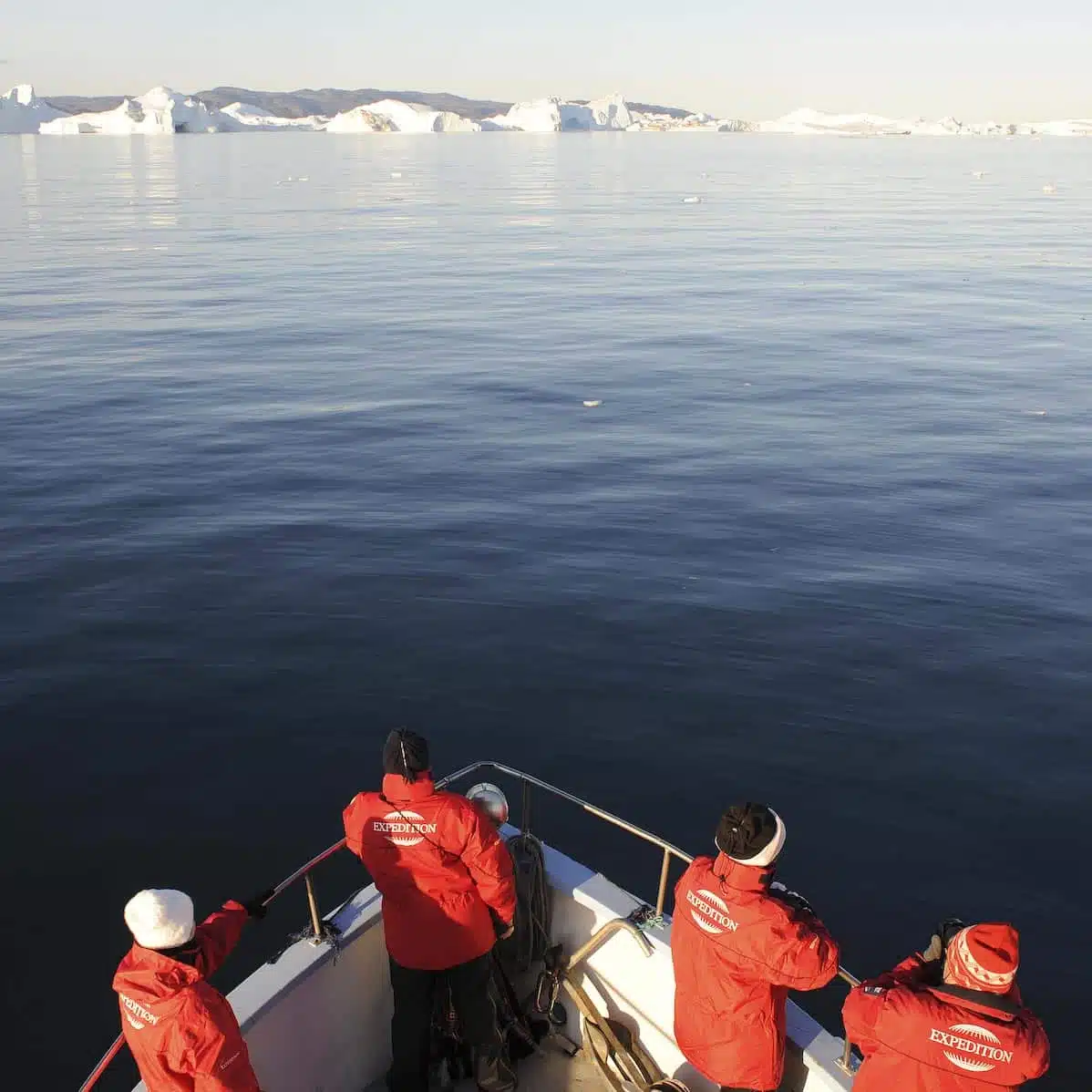
Travel the world with PONANT
Whether it’s to the Arctic or Antarctic, North or Latin America, Asia or Oceania… All aboard for a PONANT cruise to far-off lands and never-before-seen ports of call.
